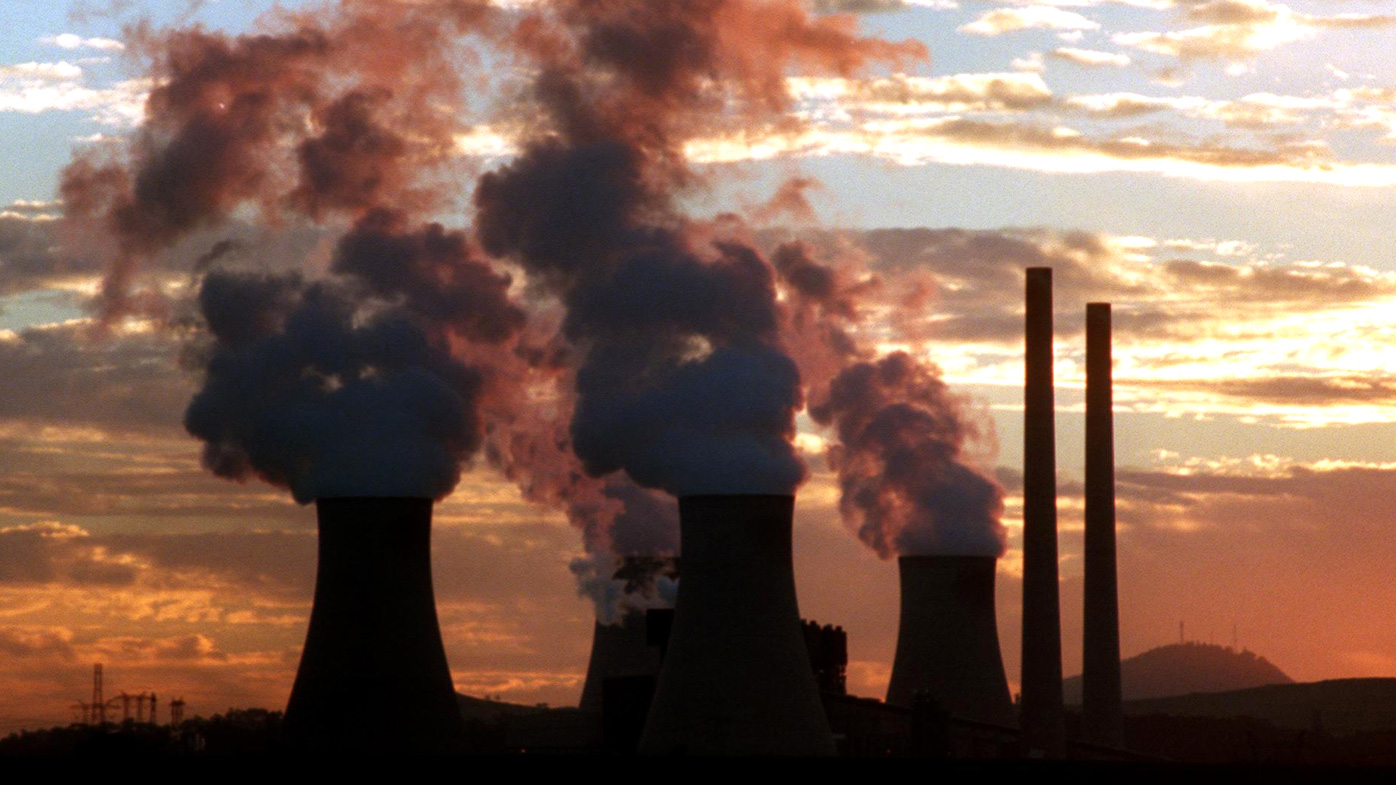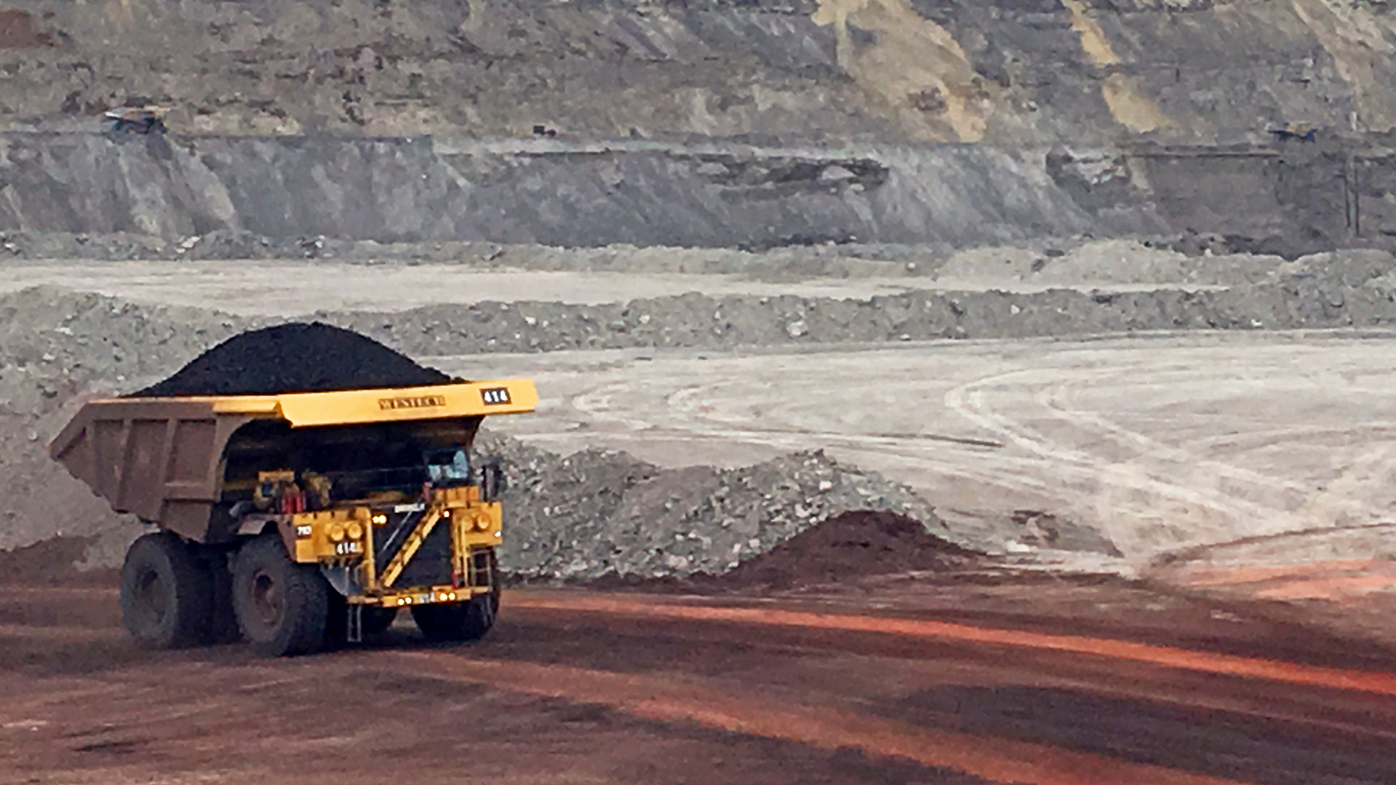More than 100 fossil fuel companies are understood to have sent 500 lobbyists to the COP26 climate talks in Glasgow, Scotland, more than any single country at the summit, according to the environmental campaign group Global Witness.
The group analysed the UN's provisional list of named corporate attendees and found at least 503 people linked with coal, oil and gas companies were at the conference. Fossil fuel use is the biggest driver of human-made climate change.
The list included people either directly affiliated with fossil fuel companies, including Shell, Gazprom and BP, as well as those attending as members of delegations and groups that act on behalf of the fossil fuel industry.
READ MORE: Eastern states brace for week-long drenching

The analysis found that the fossil fuel lobby had around two dozen more delegates than the largest country delegation.
They also outnumber the event's official Indigenous constituency by around two to one, as well as the number of delegates from the eight-worst affected countries by climate change over the last two decades — Puerto Rico, Myanmar, Haiti, the Philippines, Mozambique, the Bahamas, Bangladesh and Pakistan.
"The presence of hundreds of those being paid to push the toxic interests of polluting fossil fuel companies, will only increase the scepticism of climate activists who see these talks as more evidence of global leaders' dithering and delaying," said Murray Worthy, gas campaign leader at Global Witness.
"The scale of the challenge ahead means there is no time for us to be diverted by greenwashing or meaningless corporate promises not matched by delivery.
READ MORE: Mum locked out of Queensland has to 'exchange' kids at border

"It's time for politicians to show they are serious about ending the influence of big polluters over political decision-making and commit to a future where expert and activist voices are given centre stage."
Canada, Russia and Brazil were among the countries that registered members of the fossil fuel industry for attendance.
The analysis comes amid growing criticism from civil society groups that the event is not as inclusive as promised.
READ MORE: NSW wakes to new freedoms as path out of lockdown accelerates

COP26 President Alok Sharma has pointed to the need for social distancing as the reason some people, including those with observer status, have been unable to enter rooms where negotiations are taking place.
A recent report by the UN Environment Program showed that many of the world's largest fossil fuel producers are still planning to ramp up production in the coming years, and will be burning far more fossil fuels in 2030 than what is consistent with global climate pledges.
The analysis used the plans of 15 major economies to estimate the world will produce roughly 110 per cent more coal, oil, and gas in 2030 than what would be necessary to limit warming to 1.5 degrees above pre-industrial levels, and 45 per cent more than what would be consistent with 2 degrees.
from 9News https://ift.tt/3wogRBi
via IFTTT


0 Comments